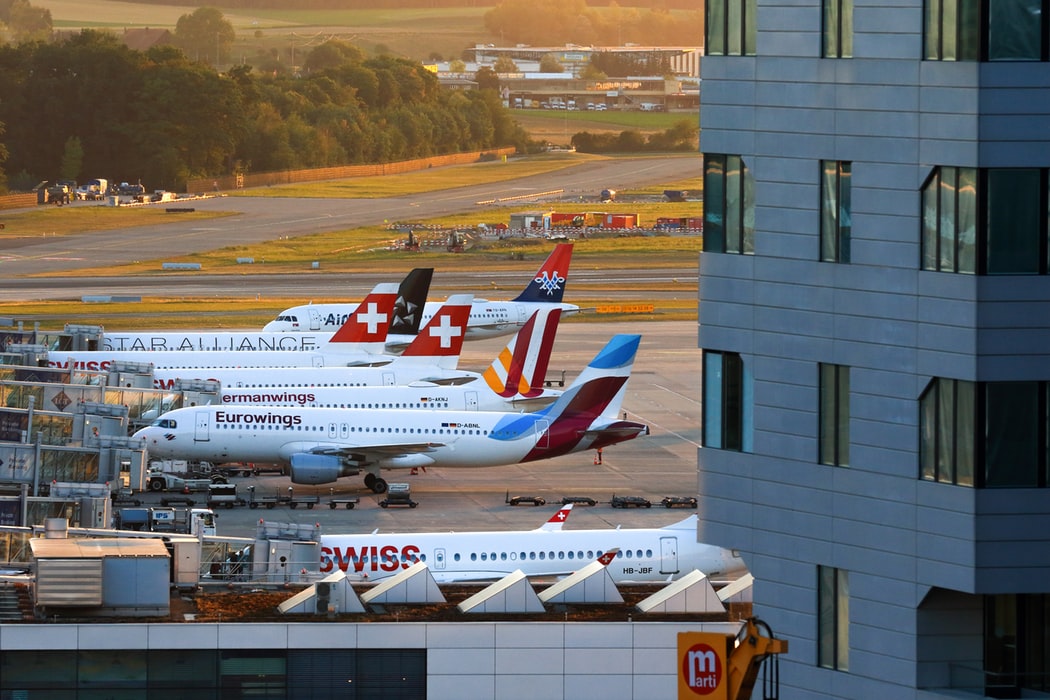Planning an Itinerary
A well-planned itinerary enables you to make the best use of your time abroad. Although traveling is expensive and your time is valuable, an overloaded schedule can be counterproductive.
Two or three definite appointments, confirmed well in advance and spaced comfortably throughout a day, are more productive and enjoyable than a crowded agenda that forces you to rush from one meeting to the next before business is really concluded.
If possible, you should plan an extra day to rest to deal with jet lag before starting your scheduled business appointments.
Check if a travel agent service is right for you. They can arrange transportation and hotel reservations quickly and efficiently. They can also help plan your itinerary, obtain the best travel rates, explain which countries require visas, advise on hotel rates and locations, and provide other valuable services. Because hotels, airlines, and other carriers pay the fees charged by travel agents, this assistance and expertise may be available at no charge to you.
As you plan your trip, remember to:
-
Obtain the names of possible contacts and arrange appointments. Confirm the most important meetings before you leave the United States. The U.S. Commercial Service business matchmaking services can help.
-
Determine whether an interpreter will be required and, if so, make all necessary arrangements before arriving. Business language is generally more technical than the conversational speech that many travelers can handle — and mistakes can be costly. The U.S. Commercial Service can assist in locating qualified translators.
-
Keep your schedule flexible enough to allow for both unexpected problems (such as transportation delays) and unexpected opportunities. However, be sure not to miss a scheduled meeting due to an unscheduled invitation.
-
Consider transportation. Be aware of public and private transportation available in each country you’ll be visiting and have a plan for getting around. Make arrangements (e.g., hiring a driver) before you arrive.
-
Find out about the electrical current in each of your destinations. A transformer, plug adapter, or both may be needed to demonstrate company products, as well as your own electronics—such as laptops or tablets for presentations.
-
Confirm the normal workdays and business hours in the countries you will visit. In many Middle Eastern countries, for instance, the workweek typically runs from Saturday to Thursday. Lunchtimes that last 2 to 4 hours are customary in many countries.
